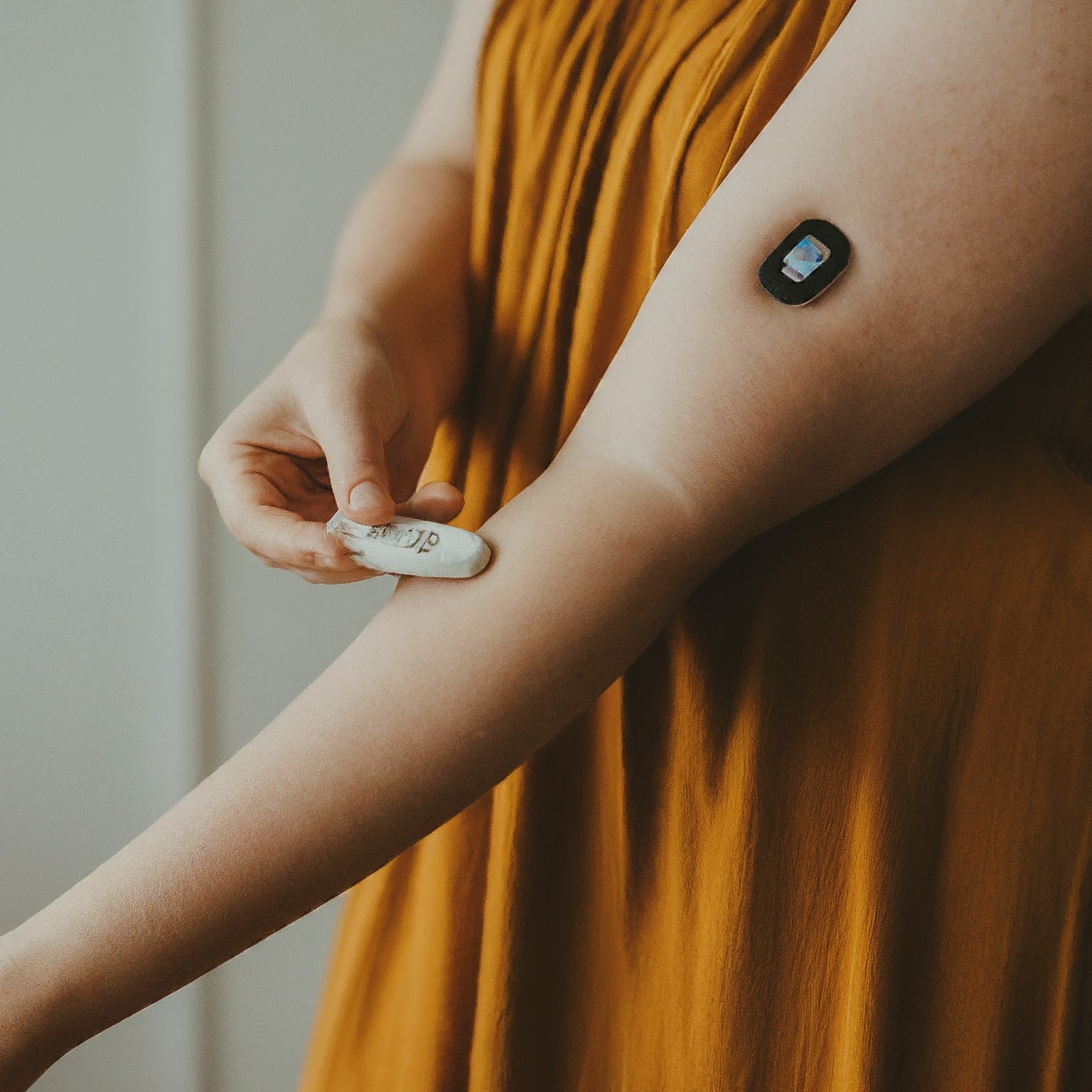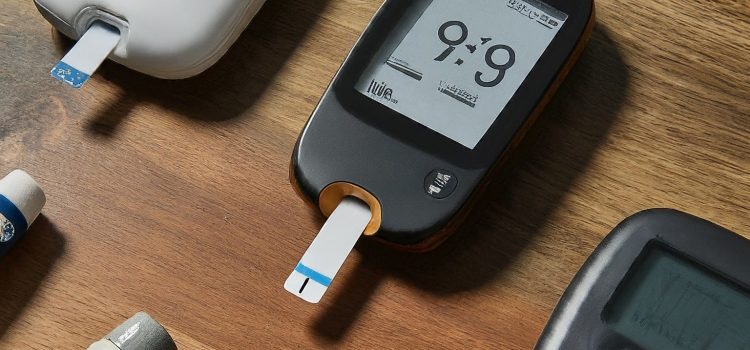
Introduction
Diabetes, once a formidable challenge, is now yielding to the relentless pursuit of innovative solutions. Dr. Emily Carter, a leading authority in endocrinology, sheds light on the groundbreaking advancements transforming diabetes care. From revolutionary technologies to personalized treatment plans, this article delves into the strategies empowering individuals to manage their diabetes effectively.
Informative Table
| Breakthrough | Description | Impact on Diabetes Management |
| Continuous Glucose Monitoring (CGM) | Sensors provide real-time blood sugar data, allowing for proactive adjustments to insulin and diet. | Improves glycemic control, reduces hypoglycemia risk, and empowers informed decision-making. |
| Personalized Medicine | Genetic testing and individual health data guide treatment plans, optimizing medication and lifestyle modifications. | Enhances treatment effectiveness, minimizes side effects, and fosters a more targeted approach. |
| Technological Advancements | Mobile apps, insulin pumps, and digital tools offer support, education, and data management. | Simplifies self-care, promotes medication adherence, and facilitates communication with healthcare providers. |
Traditional vs. Continuous Glucose Monitoring
| Feature | Traditional Blood Glucose Monitoring | Continuous Glucose Monitoring (CGM) |
| Frequency of Measurements | Fingerstick tests performed a few times daily | Continuous readings every few minutes |
| Data Insights | Limited snapshot of blood sugar levels | Comprehensive picture of glucose trends and fluctuations |
| User Experience | More invasive and time-consuming | Minimally invasive and provides real-time feedback |
Unveiling the Latest Breakthroughs in Diabetes Management
Diabetes, a chronic condition affecting millions worldwide, has long posed significant challenges to patients and healthcare providers alike. However, the landscape of diabetes care is undergoing a transformative shift, thanks to groundbreaking advancements in technology, research, and treatment approaches.
Continuous Glucose Monitoring: A Game-Changer for Blood Sugar Control
One of the most significant breakthroughs in diabetes management is the widespread adoption of continuous glucose monitoring (CGM) systems. Unlike traditional blood glucose meters that require frequent finger pricks, CGM devices continuously track glucose levels throughout the day and night. This real-time data empowers individuals with diabetes to make informed decisions about insulin dosing, diet, and physical activity. By preventing both hyperglycemia and hypoglycemia, CGM has significantly improved blood sugar control and overall quality of life for countless individuals.

The Rise of Personalized Medicine: Tailoring Treatment to Individual Needs
The era of one-size-fits-all diabetes treatment is giving way to a more personalized approach. Advances in genetic testing and data analytics are enabling healthcare providers to identify unique factors that influence an individual’s response to therapy. This information is used to create customized treatment plans that optimize blood sugar control while minimizing side effects. Personalized medicine holds the promise of revolutionizing diabetes care by addressing the diverse needs of patients.
Technological Advancements: Apps, Devices, and Digital Support Systems
Technology has become an indispensable tool for diabetes management. A plethora of mobile apps, smart devices, and digital platforms are available to help individuals track blood sugar levels, calculate insulin doses, and connect with healthcare providers. These tools offer convenience, support, and motivation, making it easier for people with diabetes to stay on top of their condition. Furthermore, remote monitoring and telemedicine have expanded access to care, especially for individuals in rural or underserved areas.
Picture by: Google Gemini
Beyond Medication: Embracing Lifestyle Modifications for Optimal Health
While medications play a crucial role in diabetes management, lifestyle factors such as diet, exercise, and stress management are equally important. Research consistently demonstrates that adopting healthy lifestyle habits can significantly improve blood sugar control, reduce the risk of complications, and enhance overall well-being. Incorporating regular physical activity, consuming a balanced diet rich in fruits, vegetables, and whole grains, and practicing stress-reduction techniques are essential components of a comprehensive diabetes management plan.
The Future of Diabetes Care: A Glimpse into Emerging Therapies
The field of diabetes research is continually evolving, with promising developments on the horizon. Scientists are actively exploring new treatment approaches, including artificial pancreas systems, stem cell therapy, and gene editing. These innovations hold the potential to transform diabetes care by offering more effective and convenient treatment options. While challenges remain, the future of diabetes management is bright, with the ultimate goal of achieving cure or prevention.
Conclusion: Empowering Individuals to Thrive with Diabetes
Diabetes is a complex condition that requires ongoing management and support. However, with the advancements in technology, medicine, and lifestyle interventions, individuals with diabetes can now lead fulfilling and active lives. By embracing the latest breakthroughs and working closely with healthcare providers, people with diabetes can take control of their condition and achieve optimal health outcomes.










